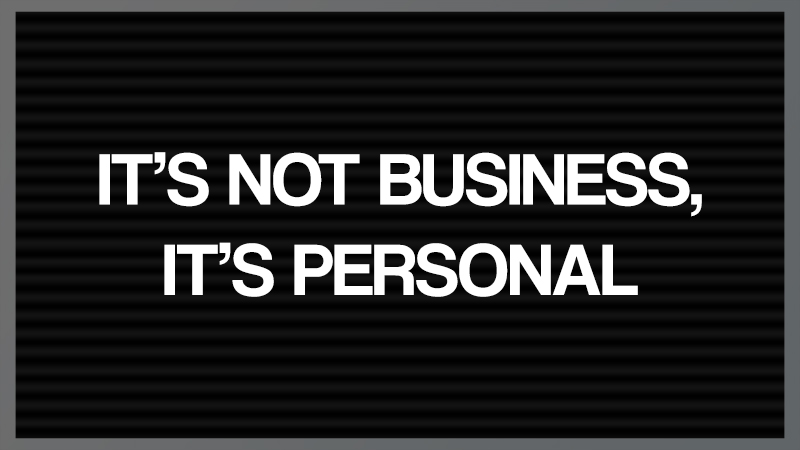4 Reasons to Stop Commingling your Business and Personal Bank Accounts
I recently helped a client with commingled accounts sort through their business and personal expenses. Because they used their personal account for business and personal transactions, the process was extremely time consuming. I get it! As business owners, we have many responsibilities. There’s always something else to do. For this reason, we tend to overcomplicate small issues. We make them out to be much larger than they actually are.
Sometimes we delay making crucial steps because we don’t understand the reason for it. The following are three reasons you should separate your transactions. You’ll also see just how easy it is to do.
1) Many businesses elect not to pay for accounting software in the beginning stages. Whilst I don’t recommend it, many choose to wing it. In this case, you certainly don’t want to co-mingle your funds. If and when you finally get on Quickbooks or any other accounting platform, having a dedicated business account will make the transition much easier.
2) Did the money come in from a business transaction or a personal transaction? Commingling your funds can create an accounting nightmare. Seriously, could you imagine sifting through hundreds of transactions trying to decide which are business and which are personal. It will make writing off legit business expenses extremely difficult. Having a bank account dedicated to your business transactions will save you and/or your accountant a huge headache
3) If you’re ever audited by the government, you want your bookkeeping to be as clean as possible. If something doesn’t look right, they’ll begin to dig farther and farther into your transactions. Too much confusion will ultimately result in them slapping you with a rather large tax bill. If you don’t wish to pay it, the burden of proof will be on you.
4) Finally, it’s super easy to set up a business bank account. Once you’ve registered your business with the Secretary of State, you only need to take your identification and Articles of Organization to your bank. Some banks will simply search for your business on the SOS website, so you may not need to print the articles. Write a check for your initial deposit, usually not more than $25.00 and you’re on your way. You’ll receive a separate checkbook and debit card for the account.
Don’t mentally turn this molehill into a mountain. The time required to open a business bank account will take less than an hour. It’s a time investment that will save you many hours and headaches in the future. Put it on your to-do-list and get it done!
Written by: Eric L. Lipsey


